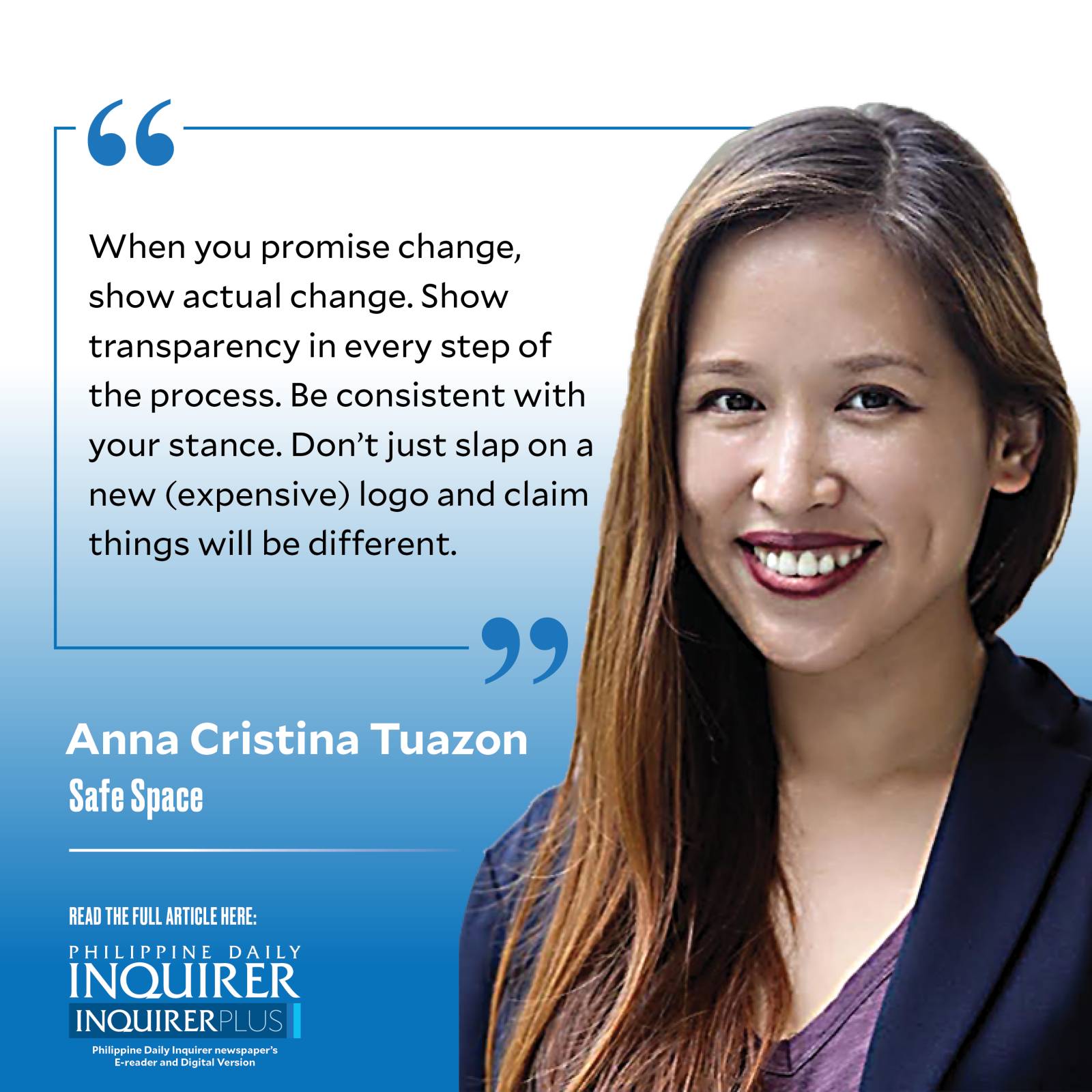Burden of trust

I don’t trust you!”
That was a core memory from my first year of graduate clinical training in the United States when I was tasked to lead a therapy group of adolescents on probation. It was located in a low-income, high-crime neighborhood where it was normal for kids to hear of a drive-by shooting every single day. My practicum partner and I would drive down to their school in the morning and make sure that we were finished by 2 p.m., as our supervisors had warned us to leave the city before sundown.
Article continues after this advertisementThe aforementioned outburst by a client happened after many weeks of awkward silence. It was a core memory, but for a different reason that you might expect. This was a breakthrough in our therapeutic relationship. After all the forced politeness, my client said something that was finally honest. I told him that he was absolutely right not to trust me, a foreign outsider who dare not even stay in the neighborhood at night. And we started from there.
Lately, I have been hearing pleas of “just trust us” from government officials. When the Maharlika bill was passed, citizen’s concerns of potential corruption and misuse of such funds were met with “just trust us.” When confidential funds were approved and spent at breakneck speed, we were told that we should simply “trust” that the funds were spent appropriately. In the recent clarificatory forum of the Board of Psychology regarding their Resolution No. 4 (which as of this writing has not been deferred, despite an appeal from the Psychological Association of the Philippines), the urgent concerns and grievances of psychologists were met with “just trust us.” The Philippine Amusement and Gaming Corp. used a similar version of this defense by saying that their choice of logo—including its P3-million budget—was a “management prerogative” and for people “to respect it.”
How should trust really work? Is trust an entitlement, something to be expected in a relationship? Can trust cover for mistakes and transgressions? Wherein lies the burden of trust—the giver or the receiver?
Article continues after this advertisementTrust is something to be earned and freely given. Trust requires investment of both effort and time. It is preposterous to assume that trust should be fully formed at the start of any relationship, be it personal or professional. The precious thing about trust is that while it takes a long time to build, it only takes seconds to destroy. Trust can be rebuilt after a transgression, but it will take even longer and waves of doubt can reoccur at any time.
When a person doesn’t trust you, such as my client, it is best to start with where they’re at. I don’t force them to share more than what they can trust me with. I strive even harder to demonstrate consistency and reliability to earn that precious trust bit by bit. The best way to deal with mistrust is patience and transparency of intent.
Government officials need to let go of their entitlement of trust from their constituents. If you are appointed, the people did not choose you. If you are elected, there are still a significant number that did not vote for you. And so assuming a blanket issue of trust is simply irrational. You need to show that you are keen to develop that trust and this comes out through the actual work. When you promise change, show actual change. Show transparency in every step of the process. Be consistent with your stance. Don’t just slap on a new (expensive) logo and claim things will be different.
What happens when someone is not interested in earning your trust? It simply means that they are not interested in you or your concerns. In the context of an intimate relationship, this is a dealbreaker and the only equitable thing to do is to break up. In the relationship between a government and its people, however, a breakup comes with potentially deadly consequences. A government that does not care whether the people trust them is one who can easily disregard human rights and welfare and focuses on self-interest. If people no longer hold hope that trust can be repaired with its government, they become anarchists. It is only when trust is genuinely valued on both sides that peace and progress become possible.
When citizens express their concerns and question your motives, government officials must resist the urge to simply plead for trust. The people are owed more than that. If your decisions are based on reason, then simply explain it. If you feel that the people do not understand the process, then make them transparent. If your actions are unexplainable, reflect if these were truly the correct actions to take. Humble public servants make for trustworthy public servants.
—————-
aatuazon@up.edu.ph
















